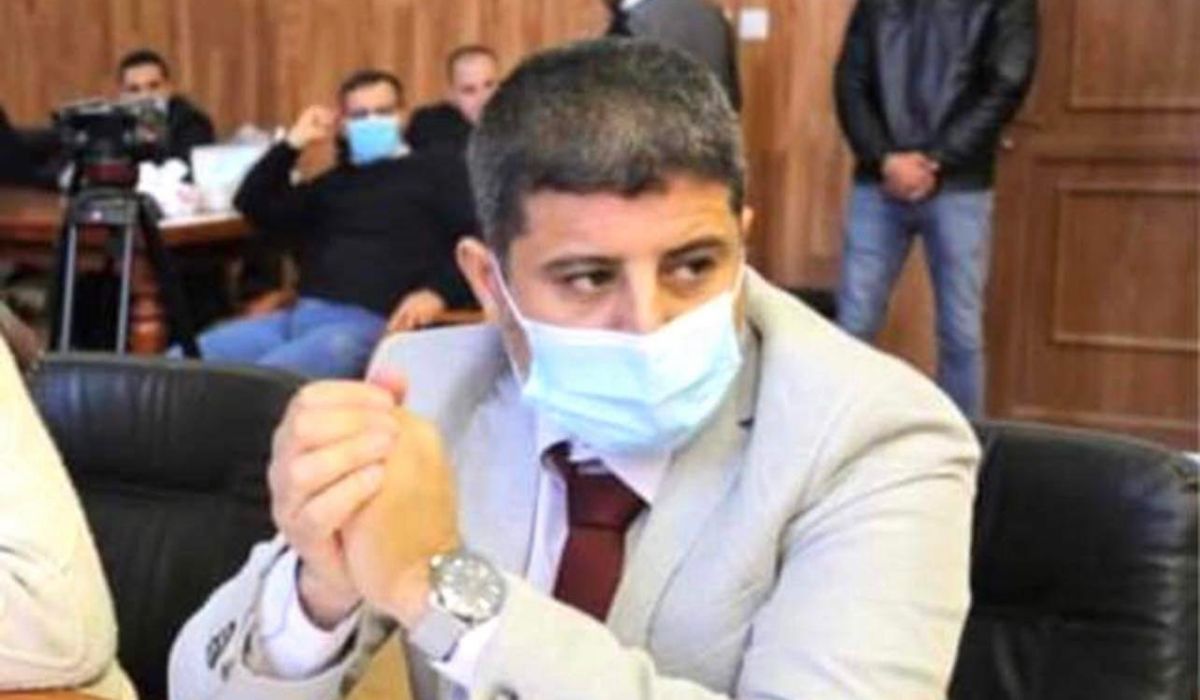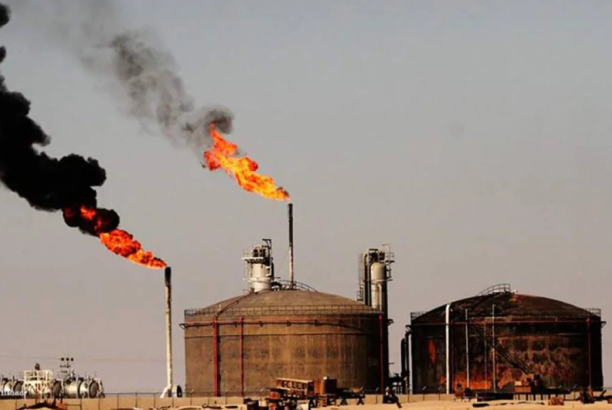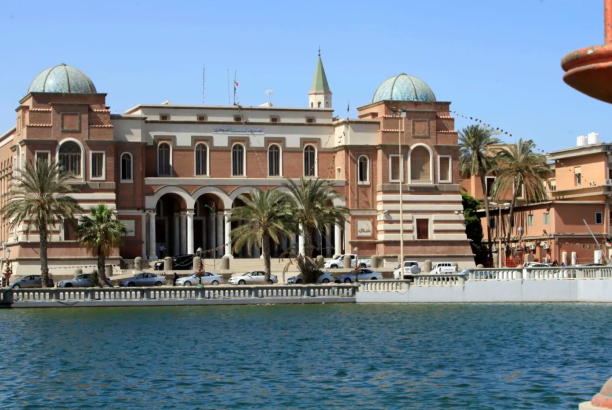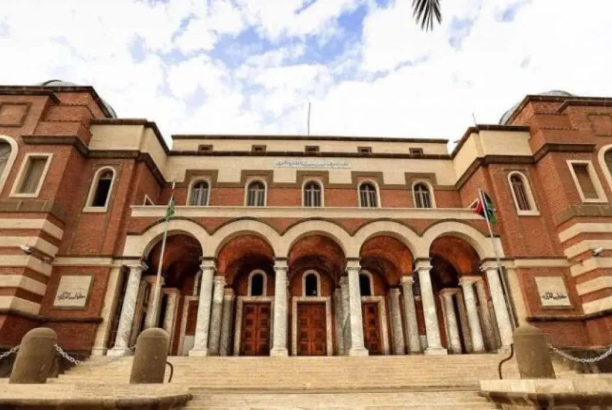
| News
An electricity official reveals to our source the amount of consumption during 2022 and presents important solutions
The Assistant Director-General for Operations at the General Electricity Company, the Engineer Salah Al-Khafifi, revealed exclusively to our source that Libya consumes this year 2022 in the range of 8800 MegaWatts, and with the entry of new production projects, the production will be in the range of 7000 MW.
He added that last year, Libya’s consumption reached 8150 MW, and it is expected that this year’s consumption will reach more than 8,800 MW.
He revealed that “the types of loads in Libya are domestic (51%), public utilities (19.9%), street lighting (8.8%), agricultural (5.7%), and the rest are commercial, industrial and other types.”
He stated: “It is noted from what was mentioned that the loads (domestic – public utilities) are the largest, and with rationalization in consumption, the problem will be solved. The deficit will be reduced by half if rationalization is done only for public utilities.”
He revealed: “Also, the individual in Libya consumes approximately 5 times the consumption compared to the neighboring countries. The reason is the lack of control in consumption in addition to tariff licenses for kilowatt-hours, knowing that if electricity is taken to provide electricity to its contractors only, there will be no generation deficit and it will solve the problem, adding to that, the reconstruction that took place and was not accompanied by planning or study for several years, to be included and provide an infrastructure of generating stations, transmission networks, etc…
He added that the state’s complex procedures are a major reason for the delay in new projects and the treatment of faltering projects, adding that expatriate workers and electrical materials that violate standards were a major reason for excessive consumption, and that thefts and encroachment on electrical equipment, including new projects, had a negative impact on the operation of the electrical network.
He revealed that the use of liquid fuel instead of gas to operate production units, which is estimated at 30%, costs the Libyan state billions, adding that the delay in disbursing financial values for maintenance and the lack of fuel supplies for production stations, especially new ones, will have a negative impact on the operation of the electrical network, concluding by saying that rationalization and raising subsidies is the best solution to the problem of electricity.






